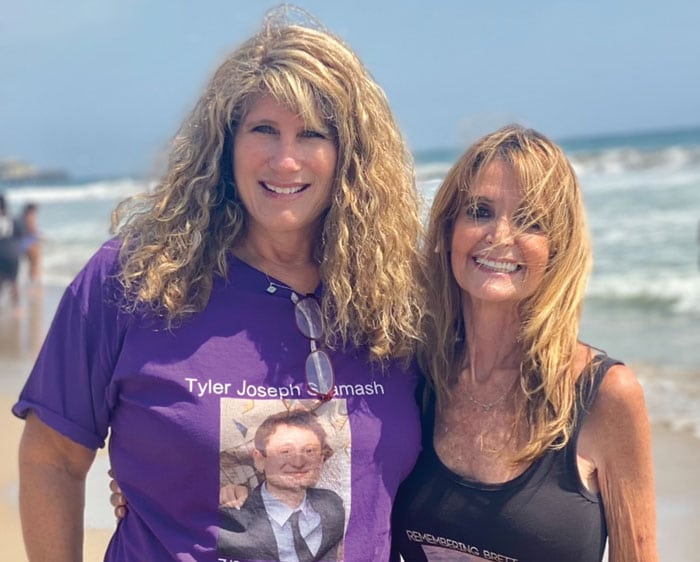
Juli Shamash and Debi Nadler met and bonded after the most tragic of circumstances. Shamash’s 19-year-old son Tyler died in 2018 while Nadler’s 28-year-old son Brett died six months earlier. Both had overdosed on drugs.
To help work through their grief, Shamash, a resident of Beverlywood, and Nadler, who lives in Las Vegas, became part of the online Grieving Mom Community. Upon learning of Shamash’s son’s death, Nadler reached out to her, and the two learned that their sons lived across the hall from one another at the same Los Angeles treatment center. Although the moms were in different cities, they decided the best way to deal with their common despair was through action.
Starting in 2019, they organized walks to bring awareness to the drug epidemic fueled by the massive influx of Fentanyl. They named their walks Drug Epidemic Awareness Walk Across America, which drew hundreds of participants and spread to every state.
It wasn’t long before they knew they needed to formalize by creating a 501(c)(3) organization, and they rebranded as Moms Against Drugs (M.A.D.). The mission of M.A.D. is to promote drug abuse awareness, overdose prevention, provide resources and support to other moms who want to put on awareness events in their neighborhoods. Right now, they’re trying to raise money to further their efforts.
“Most of our work is being funded by the two of us and from donations from friends and family,” Nadler said. “We are working for free from our hearts to try to save others. We don’t like asking grieving mothers for money, but I’ve spent about $200,000 on rehab for my son and $48,000 on my son’s funeral. I sold everything I own. If we can get more funding, we can do much more.”
M.A.D. focuses their efforts on Fentanyl, which the group says is the leading cause of death for Americans ages 15-24.
M.A.D. focuses their efforts on Fentanyl, which the group says is the leading cause of death for Americans ages 15-24. What makes the Fentanyl issue so dire is how it targets a younger and younger age group. According to M.A.D., Fentanyl is being sold where kids are: On social media apps such as TikTok, Snapchat and Instagram. It is often disguised as Xanax, Percocet, OxyContin, Adderall and cannabis.
In addition to organizing and coordinating visibility walks in cities across the country, Shamash and Nadler do speaking engagements, promote educational materials for schools and come up with creative ways to raise awareness.
When COVID-19 struck, a major walk they planned had to be cancelled. So, they pivoted and created a “Light Our Country Purple” campaign, since the color purple commonly signifies overdose awareness.
“We worked with local and state governments and private [industries] to turn landmarks across the country purple for one day,” Shamash said. “We got many landmarks in the country to turn purple. In LA that included City Hall, buildings, water fountains, the pylons at LAX, you name it.”
At the same time, the moms wanted to enhance visibility by erecting billboards warning of the dangers of Fentanyl. “When I spoke to the LA Health Department, I said, ‘You’re spending all this money on COVID radio ads and bus ads, why aren’t you doing more to warn kids about pills and cocaine laced with Fentanyl?’” Shamash said. “They told me that ad campaigns are planned two years in advance and there is a lot of bureaucracy involved. I told them kids are dying now. I knew we had to find a faster route.”
It was then that Shamash spoke at Harvard-Westlake School. After her talk, a father in the audience approached her and gave a very generous donation and said he wanted the money to go to billboards in LA. The first billboard appeared on Barrington Ave. and Olympic Blvd. in West LA.
“Next, we installed two billboards on the side of a store next to Hamilton High School with the message ‘ONE LINE. ONE PILL. FENTANYL KILLS,’” said Shamash. “While kids are usually looking down on their phones, when they leave school the billboards are right there and they are going to see them.”
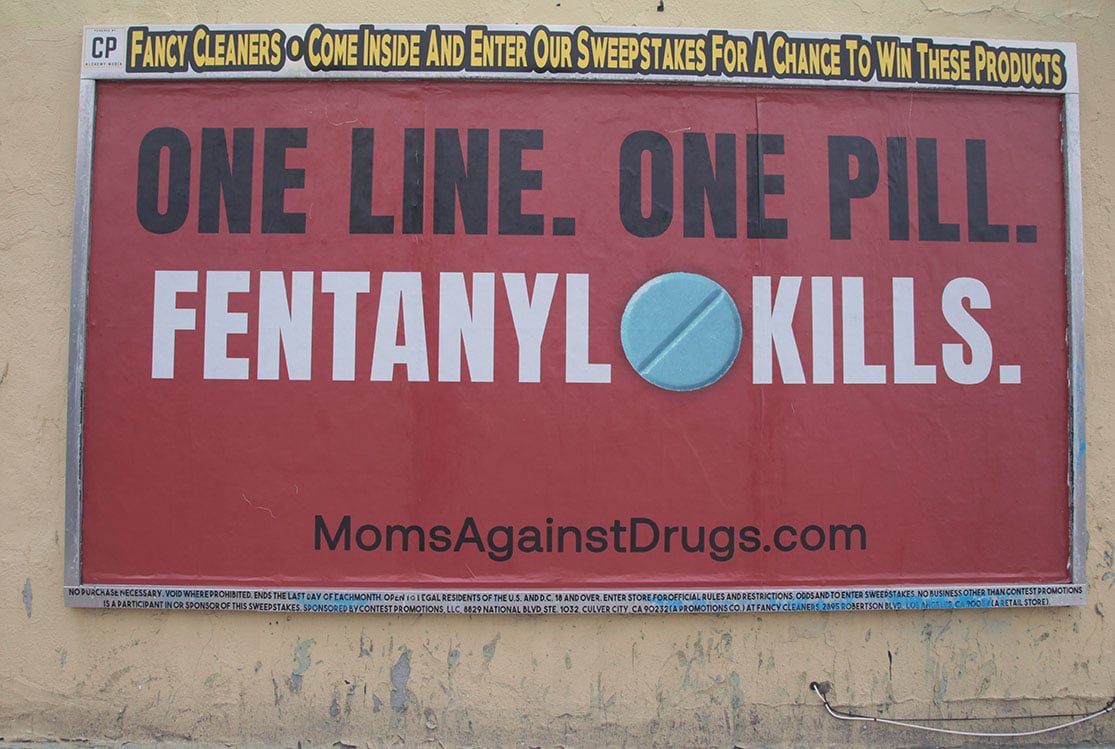
Shamash and Nadler also knew they needed to reach youth where they spend most of their day – in school. They enlisted the help of a friend and created a Fentanyl drug awareness school curriculum.
“I went to LAUSD to try to get them to add our one-day lesson plan, but they were not very receptive,” Shamash said. “When we approached the private schools, YULA, Shalhevet, Milken, Crossroads, Harvard-Westlake and others, they were very open to using the materials in the classroom.”
Being Jewish, Shamash and Nadler knew working with the Jewish community was important. Although both talk publicly about their sons’ struggles, they found that in the Jewish community, there is a lot of shame surrounding drugs, and many don’t want to discuss it.
“That’s why we’re trying to be so open, walking with banners with the faces of all the kids who have died so moms can see that other moms are going through the same thing,” Shamash said.
The moms are quick to point out that while they are the heart and soul of M.A.D., their drug awareness movement also receives the support of dads. “But it is different,” Shamash said. Nadler added, “We carried our kids. We birthed our kids. We’re the nurturers.”
Both Shamash and Nadler say they receive thousands of messages from mothers who are experiencing the same challenges with their kids that they both did. “When speaking with other moms who are undergoing similar situations with their kids, you automatically become bonded,” Shamash said. “It’s like a club nobody wants to be in.”
“If there is one message we want to convey to every family, it simply is: ‘Never say, ‘Not my child.’” – Juli Shamash
“We are just a normal West LA family,” she continued. “There is no reason my child should have been an addict. You just never know. If it happened to us, it can happen to anyone. If there is one message we want to convey to every family, it simply is: ‘Never say, ‘Not my child.’”
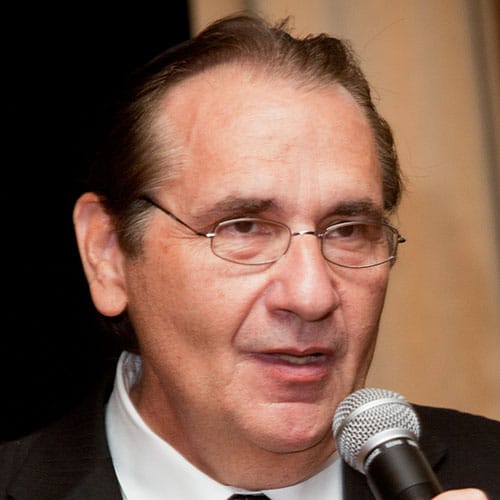






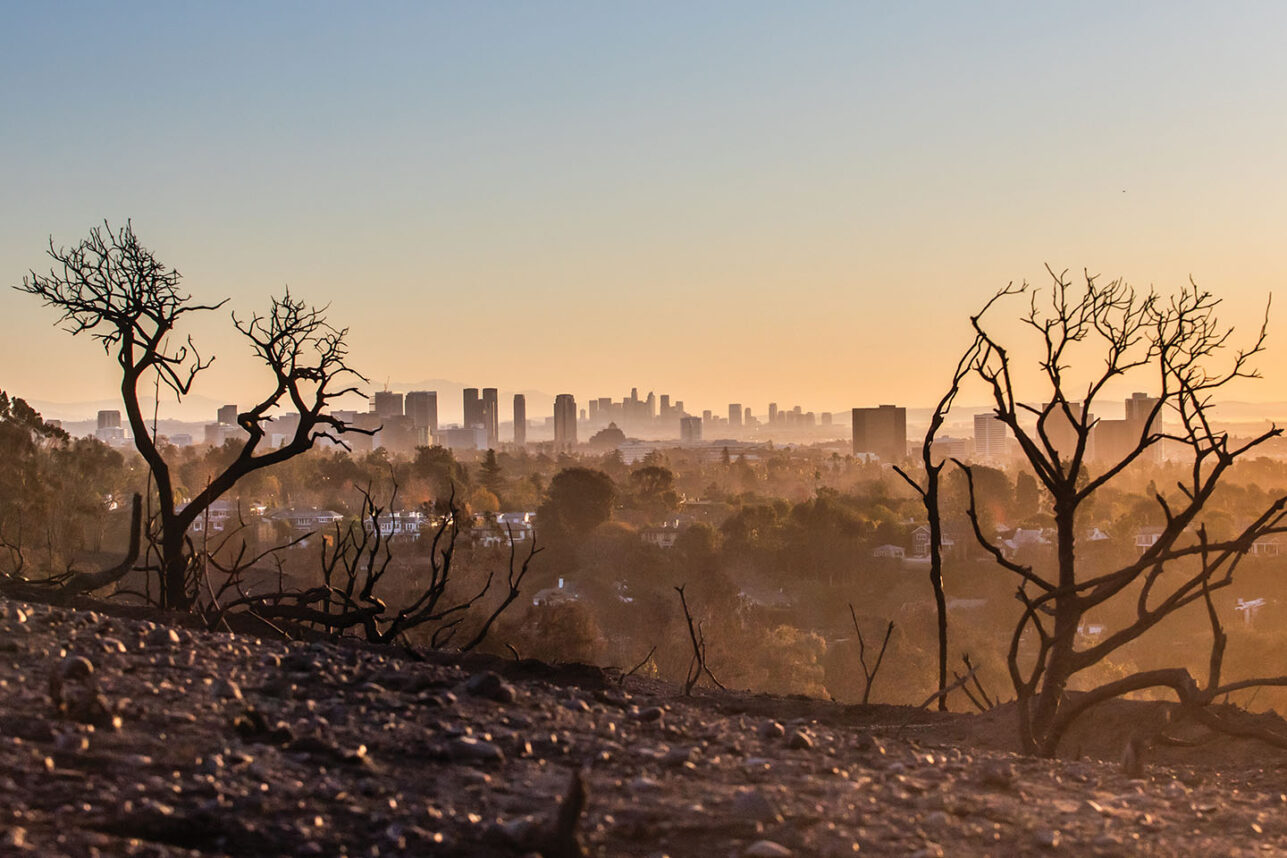
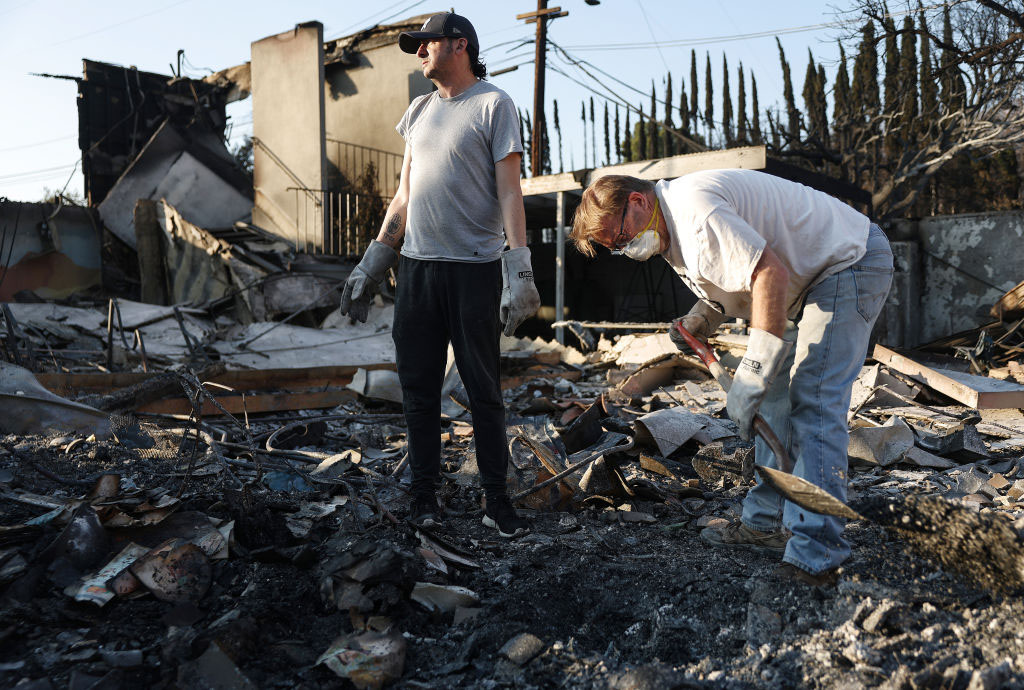


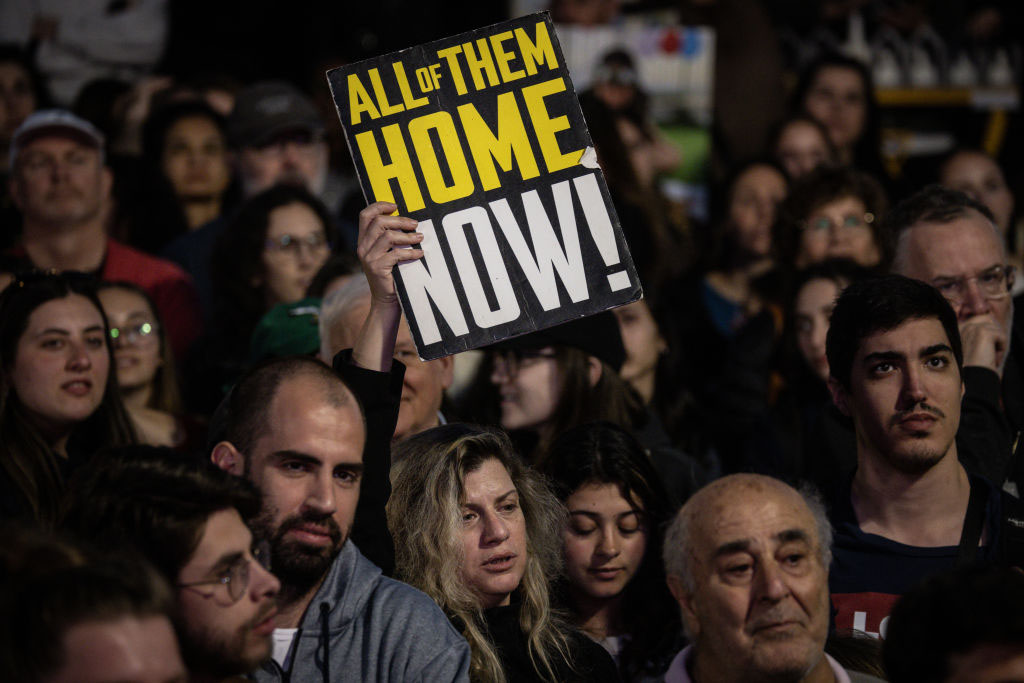

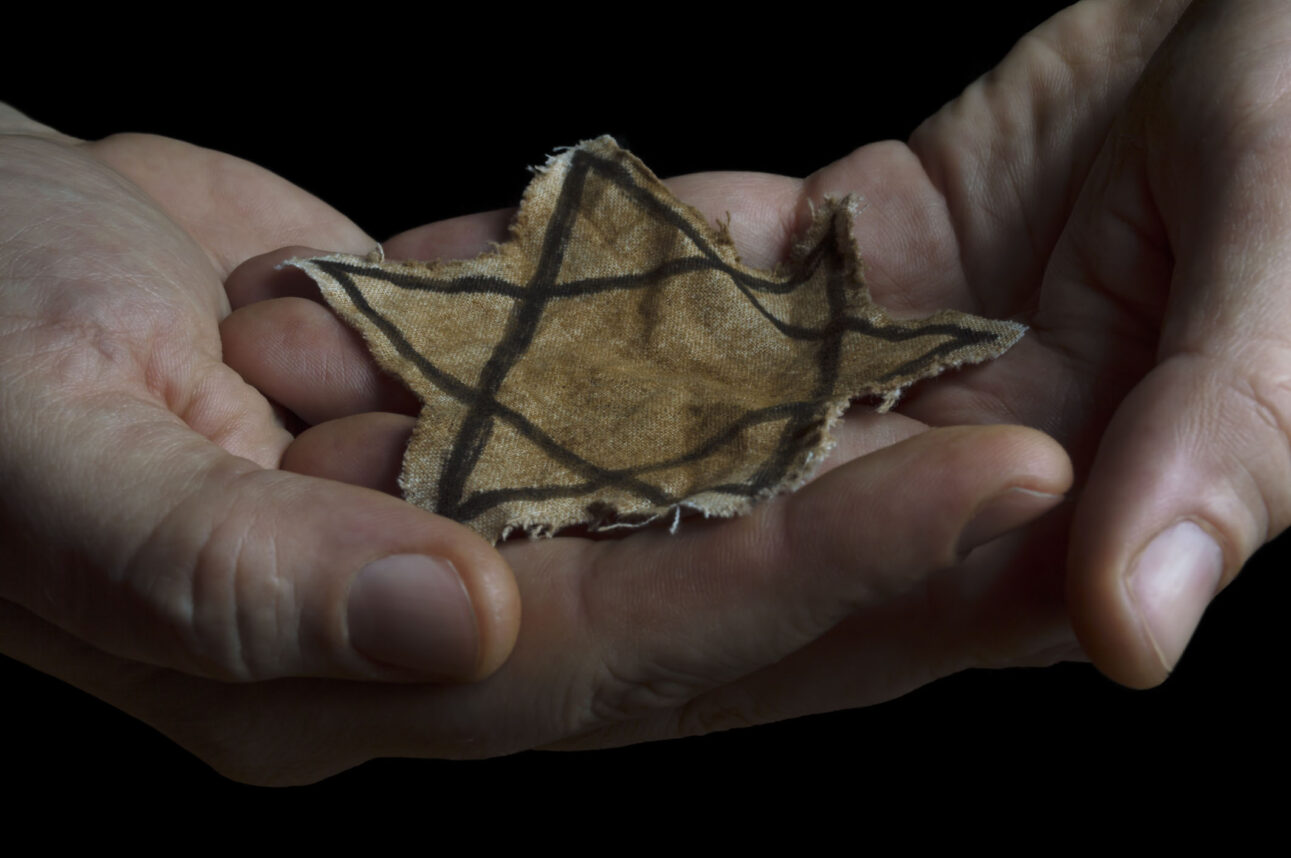
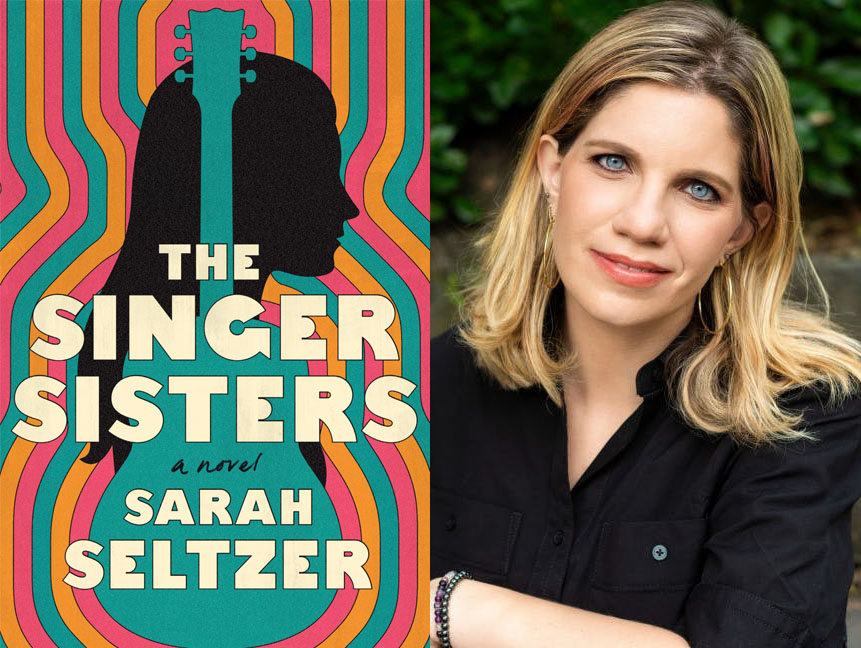
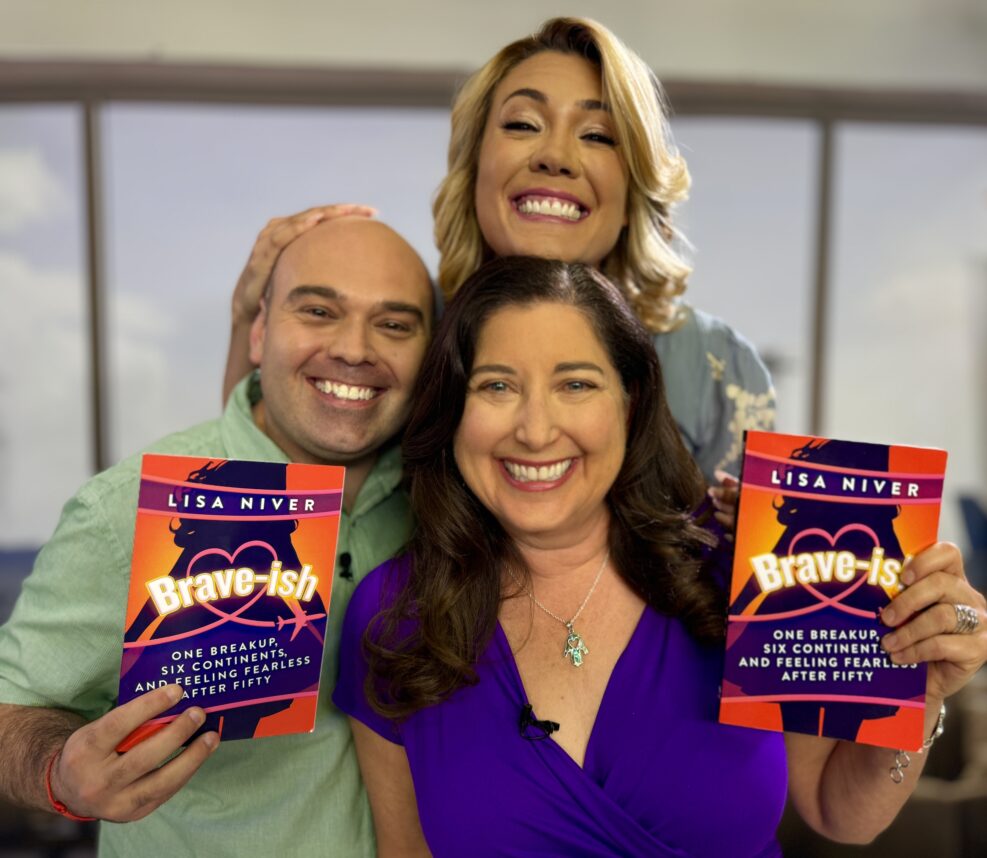

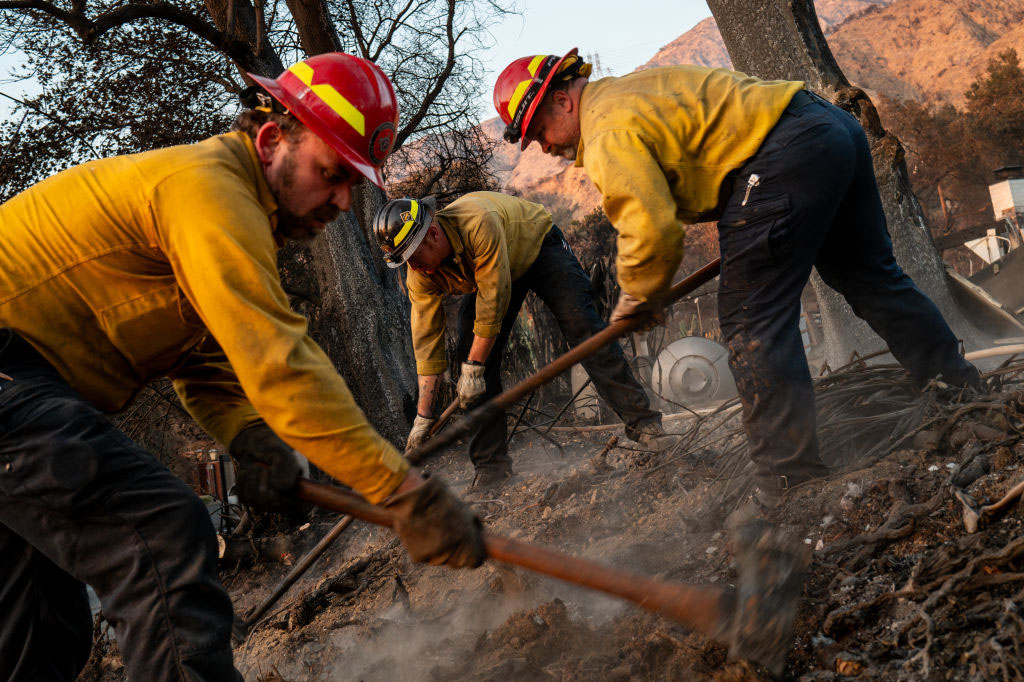



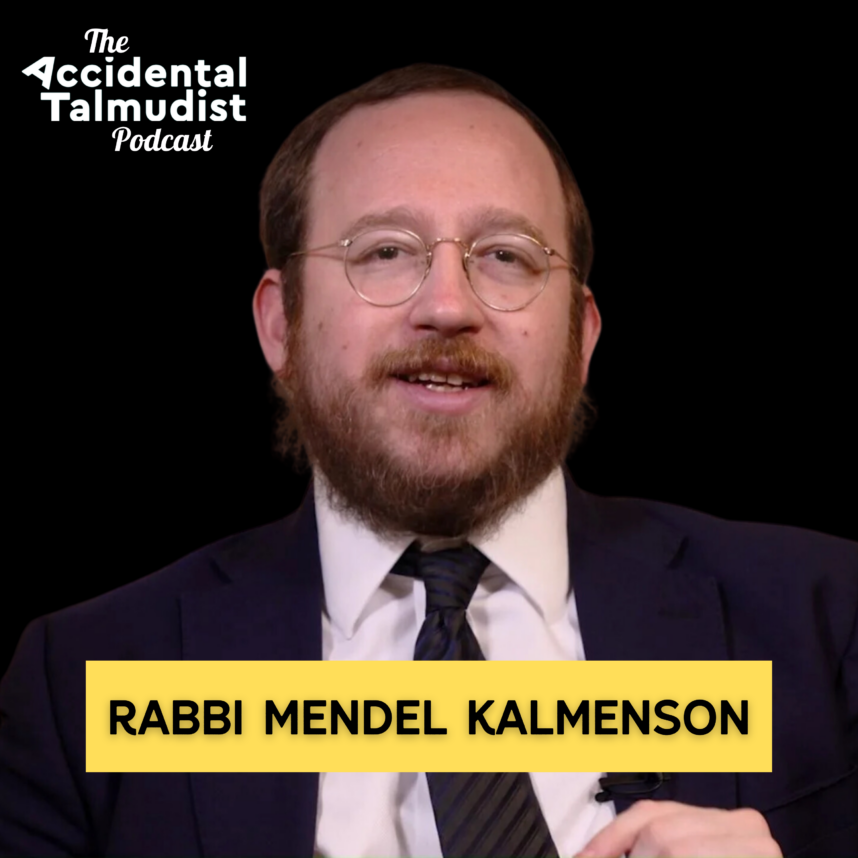
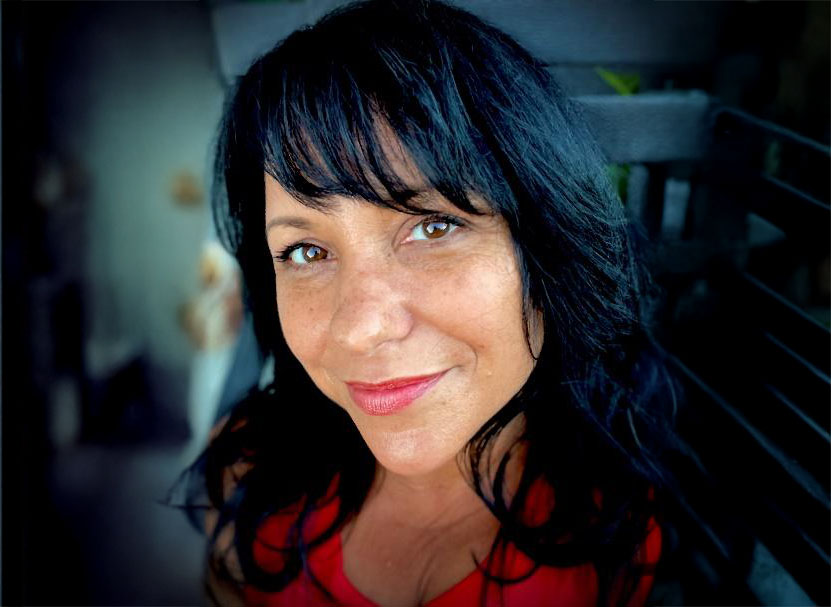

 More news and opinions than at a Shabbat dinner, right in your inbox.
More news and opinions than at a Shabbat dinner, right in your inbox.